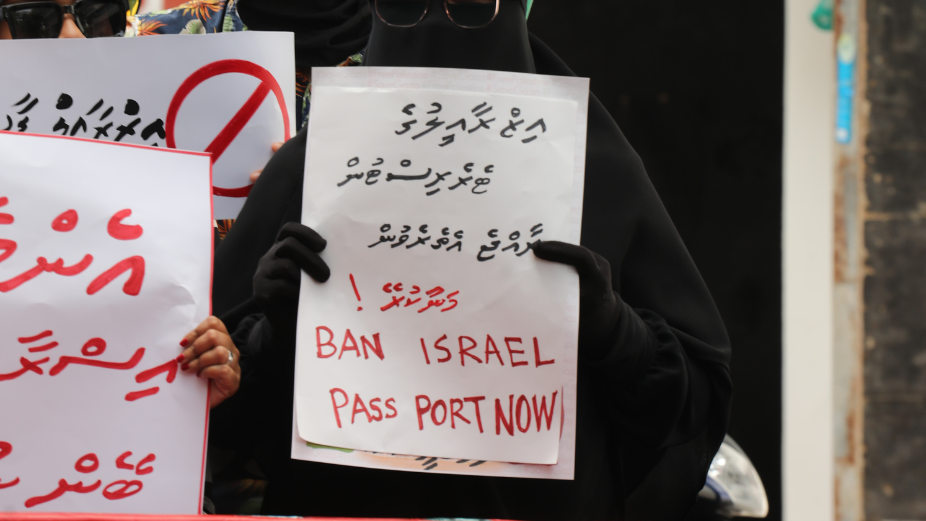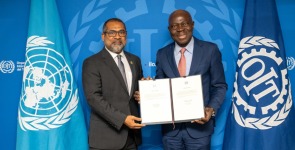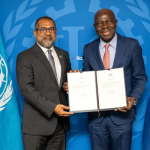
In the wake of significant public outcry over the Gaza conflict, the Maldivian government initially decided to prohibit Israeli nationals from entering the Indian Ocean archipelago. However, this plan has since been paused due to concerns about its broader implications, particularly for the approximately 2 million Arab Muslims residing in Israel.
On 2nd June, the office of President Dr Mohamed Muizzu announced that the Cabinet had resolved to amend the laws to bar Israeli passport holders from entering the country. The President also intended to appoint a special envoy to assess Palestinian needs and spearhead a fundraising campaign.
Israel’s Foreign Ministry reacted swiftly, advising its citizens, including those with foreign passports, to avoid travelling to the Maldives and suggesting that those already in the country consider leaving.
Two weeks later, the Maldives acknowledged that the issue was more complex than initially perceived. As reported by The Jewish Chronicle, Attorney General Ahmed Usham voiced concerns about the potential impact on Arab-Israelis, whom he referred to as ‘Palestinians.’ He highlighted that many Palestinians hold Israeli passports and questioned the effects of a blanket ban on these individuals.
Usham emphasised that while the government’s stance on barring Israeli nationals remained firm, the impact on Arab Muslim or Palestinian Israeli passport holders necessitated a more nuanced approach. “These are matters that need careful consideration,” he remarked, hinting at a further review.
Simultaneously, the proposal for a blanket ban faced criticism from several Maldivian lawmakers. Qasim Ibrahim, a prominent lawmaker, urged a deeper reflection on the broader implications of such a policy, noting the religious connections and the diversity among Israeli nationals.
The initial decision to ban Israelis emerged from pressure by opposition parties and government allies. From January to April this year, 528 Israeli nationals visited the Maldives, a significant decrease from the 4,644 visitors in the same period in 2023. Overall, nearly 11,000 Israelis visited the Maldives last year, making up 0.6 per cent of total tourist arrivals.
In a related development, the Cabinet convened with President Muizzu to discuss the ongoing Gaza situation and the plight of Palestinians. During this meeting, a significant proposal was submitted to Parliament: requiring citizens from countries lacking diplomatic relations with the Maldives to obtain a visa prior to entry. This move aims to empower the Maldivian Government to impose targeted travel restrictions, particularly on officials from the Israeli Government.
As the Parliament reviews this proposal, the final decision remains uncertain. This development underscores the Maldives’ ongoing diplomatic considerations and its responsive approach to international relations and regional conflicts. The Maldivian Government’s proactive stance in these discussions and potential policy changes reflects its commitment to navigating the complexities of Middle Eastern geopolitics and their implications on national policies.












